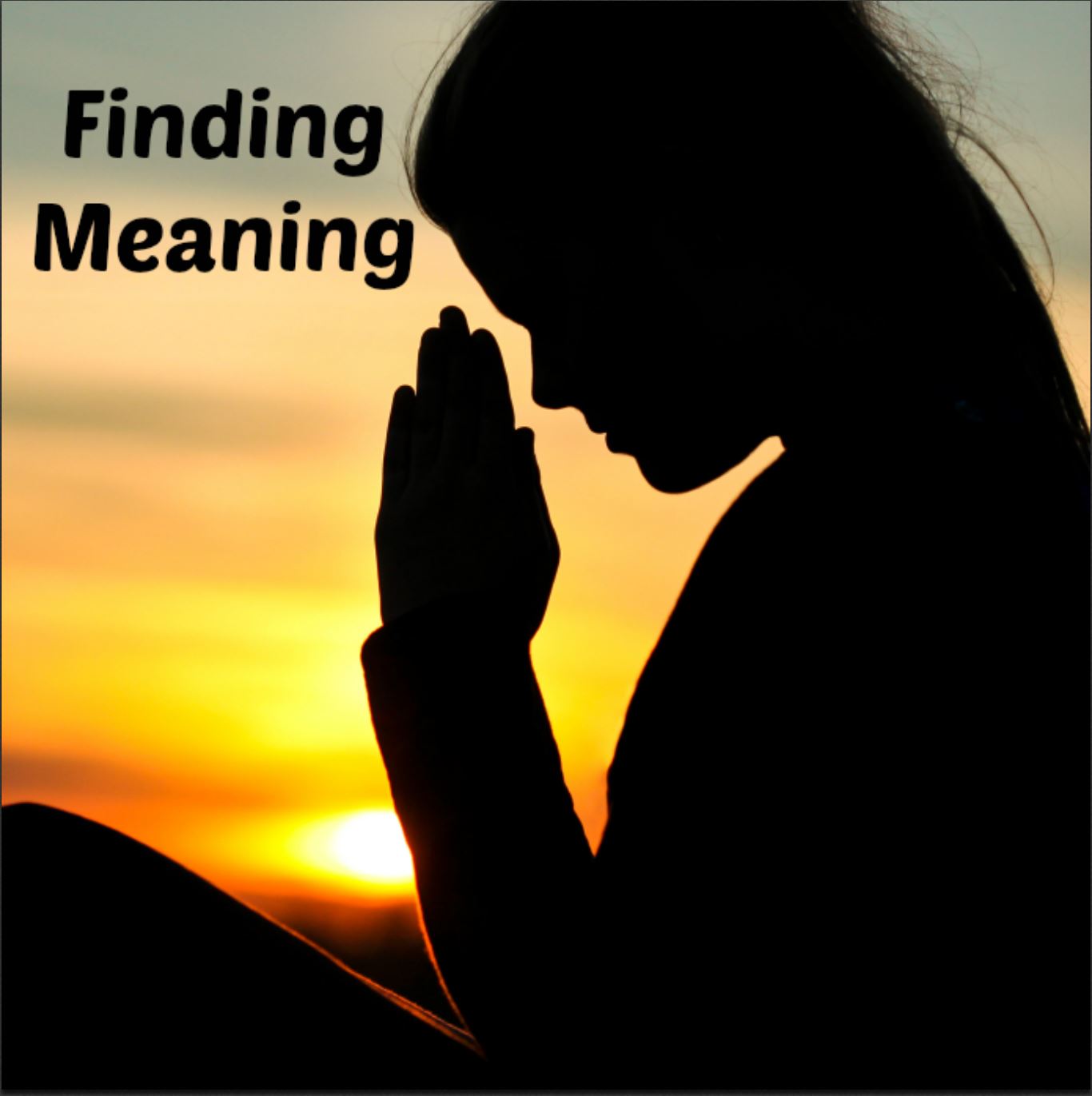

“Mindfulness is the practice of returning to being centered in this living moment right now and right here, being openly and kindly present to our own immediate mental, emotional, and bodily experiencing, and without judgment.” 22. “Paying attention in a particular way: on purpose, in the present moment, and nonjudgmentally.” 21. “he focus of a person’s attention is opened to admit whatever enters experience, while at the same time, a stance of kindly curiosity allows the person to investigate whatever appears, without falling prey to automatic judgment or reactivity.” 20. “ocusing one’s attention in a nonjudgmental or accepting way on the experience occurring in the present moment can be contrasted with states of mind in which attention is focused elsewhere, including preoccupation with memories, fantasies, plans, or worries, and behaving automatically without awareness of one’s actions.” 19. “Mindfulness is a flexible state of mind in which we are actively engaged in the present, noticing new things and sensitive to context, with an open, nonjudgmental orientation to experience.” 18. “he process of drawing novel distinctions… The process of drawing novel distinctions can lead to a number of diverse consequences, including (1) a greater sensitivity to one’s environment, (2) more openness to new information, (3) the creation of new categories for structuring perception, and (4) enhanced awareness of multiple perspectives in problem solving.” 17. “eliberate, open-minded awareness of moment-to-moment perceptible experience that ordinarily requires gradual refinement by means of systematic practice is characterized by a nondiscursive, nonanalytic investigation of ongoing experience is fundamentally sustained by such attitudes as kindness, tolerance, patience, and courage and is markedly different from everyday modes of awareness.” 16. “indfulness as a particular type of social practice that leads the practitioner to an ethically minded awareness, intentionally situated in the here and now.” 15. Let’s look at just a small handful of definitions that have been put forward for the term “mindfulness.” Several different definitions have appeared trying to explain what these terms mean. Interpersonal Communication and Mindfulness. If it was up to me to be breathing I would have died a long time ago. And then mindfulness MBSR has been shown to light up other areas, more lateral areas, where there’s no more story of “me.” So, then we can notice this phenomenon called “selfing.” How much of our time we are running the narrative of “I” “Me” and “Mine” which is now being identified with certain regions of the brain that do that narrative default mode kind of thing. How much of our time we are running the narrative of “I” “Me” and “Mine” which is now being identified with certain regions of the brain that do that narrative default mode kind of thing.Īnd here’s where the rubber really meets the road: The question is much more important than the dimestore answers that we come up with. So, you’re not even your genetic inheritance. #Define mindful movie#
And that it’s not a movie and that there’s no “you” that you can actually find if you were to peel back.Īre you your name? Are you your age? Are you your thoughts? Are you your opinions? Are you your genetic inheritance?Įven your genes, if you meditate, or eat differently, they’re going to be expressed by the hundreds differently.

And then we forget that it’s a fabrication. The story of “me”, starring, of course, me! And everyone else becomes a bit player in our movie.

That “ me.” We become the star of our own movie. “We all take ourselves too seriously because we believe that there’s someone to take seriously. “And then I sometimes add, in the service of self-understanding and wisdom.” Mindfulness is awareness that arises through paying attention, on purpose, in the present moment, non-judgementally,” says Kabat-Zinn. We sat down with him as about his definition of mindfulness: The Definition of Mindfulness: Since then, substantial research has mounted demonstrating how mindfulness-based interventions improve mental and physical health-comparably so to other psychological interventions. In 1979, Jon Kabat-Zinn recruited chronically ill patients not responding well to traditional treatments to participate in his newly formed eight-week stress-reduction program, which we now call Mindfulness-Based Stress Reduction (MBSR).







 0 kommentar(er)
0 kommentar(er)
